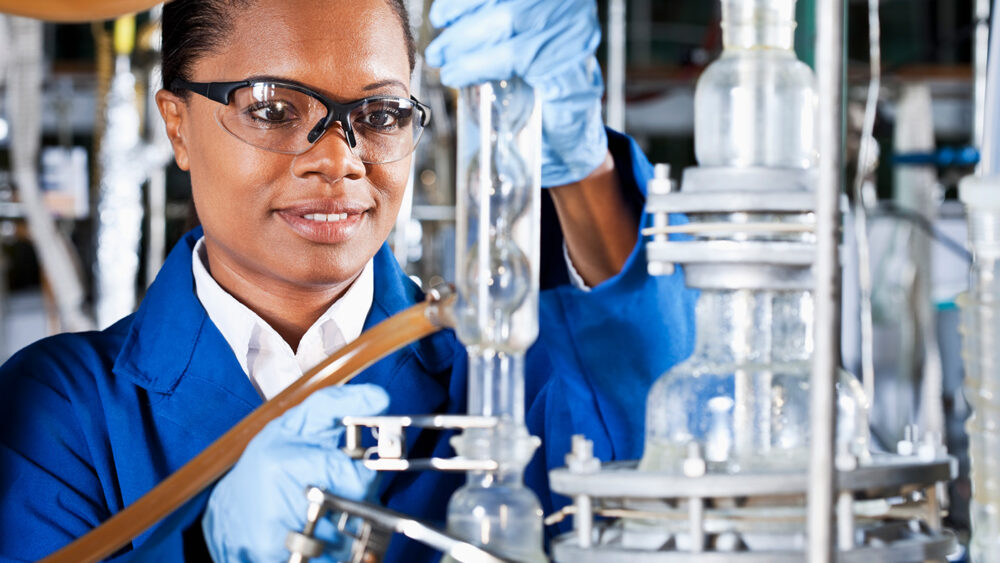
Chlorine in Pools: How Chlorine Keeps Pools Safe
Most people probably wouldn’t want to go swimming in a giant, germ-filled petri dish. But without modern chemistry, that’s what swimming in pools could be like.

As valuable as chemical products are to everyday life, it is important that they are used responsibly and safely. The articles below share information to help you learn more about how chemicals are tested for safety and the safe use of chemical products.
For more chemical safety facts, follow us on social media.
© 2005 – 2023 American Chemistry Council, Inc. The ACC mark, Responsible Care®, the hands logo mark, CHEMTREC®, TRANSCAER®, and americanchemistry.com are registered service marks of the American Chemistry Council, Inc.